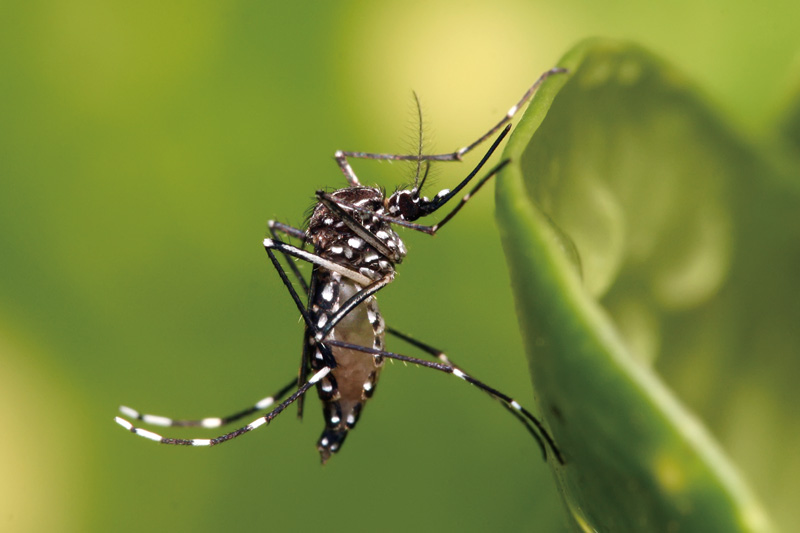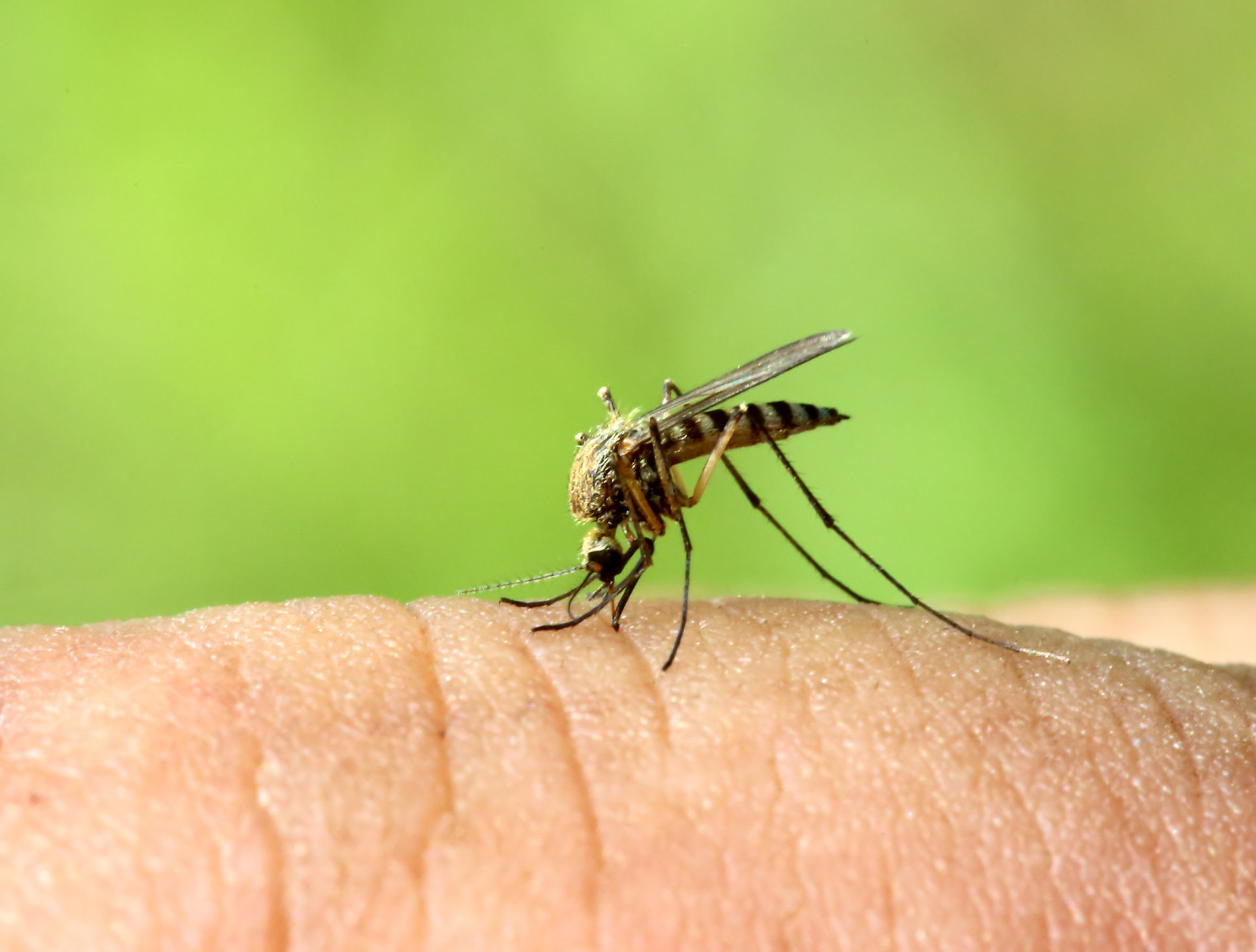The Taiwanese Infectious Disease Control Administration (CDC) said on Thursday that doctors had confirmed a diagnosis of Japanese encephalitis in a 45-year-old Ukrainian woman working in Tainan, southern Taiwan. This is the second such case this year.
The patient initially experienced a severe headache and a high fever, but then the woman lost consciousness and was hospitalized on May 30. On Wednesday, it was confirmed that she had contracted the Japanese encephalitis virus.
According to the statement of the UCIB, the doctors found that the patient had not received the appropriate vaccinations and had not recently traveled abroad. They determined her daily routine: the route from her place of residence to her place of work in the Danei area and shopping trips from time to time in the Yujing area.
The health authorities previously ruled out the possibility that the woman contracted an infectious disease at her place of residence. At present, none of those who maintained constant contact with her showed symptoms of the disease.

The first case of Japanese encephalitis this year was recorded in Kaohsiung.
The infectious disease has a pronounced summer-autumn seasonality: from May to October, and the Japanese encephalitis virus is spread by mosquitoes. The UCIB noted that the incidence peaks between June and July, and vaccination is the most effective way to prevent infection.
Between 2012 and 2016, 119 cases of Japanese encephalitis were reported in Taiwan (32, 16, 18, 30 and 23 cases per year, respectively).
According to the WHO, Japanese encephalitis is the leading cause of viral encephalitis in many Asian countries, causing nearly 68,000 clinical cases each year. The mortality rate among patients with encephalitis can reach 30%. Permanent neurological or psychiatric consequences may occur in 30-50% of people who have recovered from encephalitis. There is no cure for this disease. Safe and effective vaccines are available to prevent the disease.
The Taiwanese Infectious Disease Control Administration (CDC) said on Thursday that doctors had confirmed a diagnosis of Japanese encephalitis in a 45-year-old Ukrainian woman working in Tainan, southern Taiwan. This is the second such case this year.
The patient initially experienced a severe headache and a high fever, but then the woman lost consciousness and was hospitalized on May 30. On Wednesday, it was confirmed that she had contracted the Japanese encephalitis virus.
According to the statement of the UCIB, the doctors found that the patient had not received the appropriate vaccinations and had not recently traveled abroad. They determined her daily routine: the route from her place of residence to her place of work in the Danei area and shopping trips from time to time in the Yujing area.
The health authorities previously ruled out the possibility that the woman contracted an infectious disease at her place of residence. At present, none of those who maintained constant contact with her showed symptoms of the disease.

The first case of Japanese encephalitis this year was recorded in Kaohsiung.
The infectious disease has a pronounced summer-autumn seasonality: from May to October, and the Japanese encephalitis virus is spread by mosquitoes. The UCIB noted that the incidence peaks between June and July, and vaccination is the most effective way to prevent infection.
Between 2012 and 2016, 119 cases of Japanese encephalitis were reported in Taiwan (32, 16, 18, 30 and 23 cases per year, respectively).
According to the WHO, Japanese encephalitis is the leading cause of viral encephalitis in many Asian countries, causing nearly 68,000 clinical cases each year. The mortality rate among patients with encephalitis can reach 30%. Permanent neurological or psychiatric consequences may occur in 30-50% of people who have recovered from encephalitis. There is no cure for this disease. Safe and effective vaccines are available to prevent the disease.
